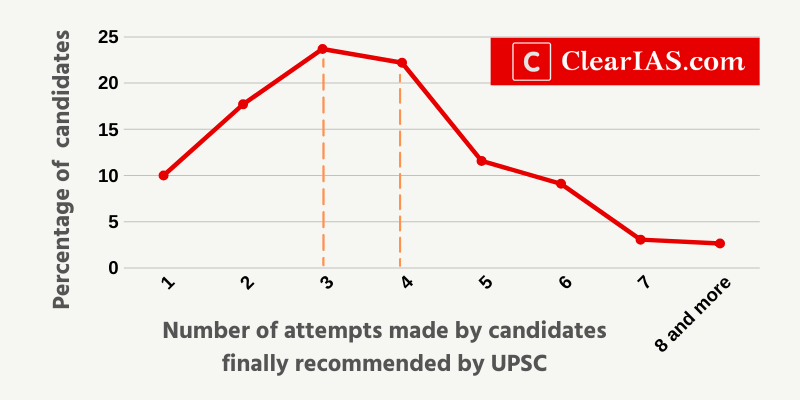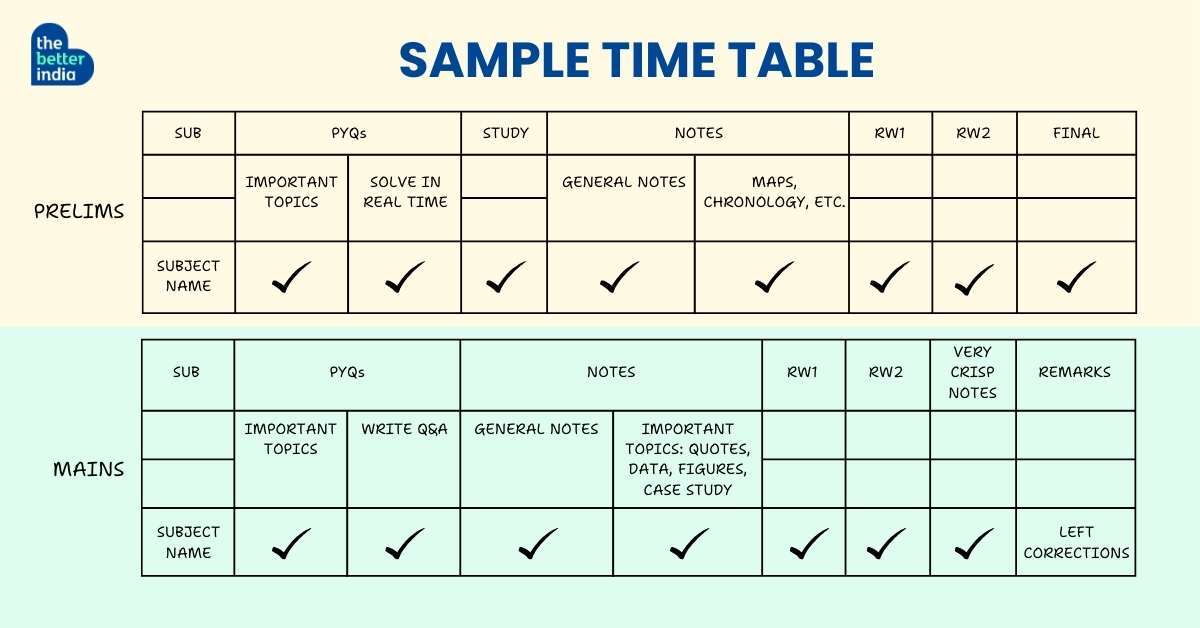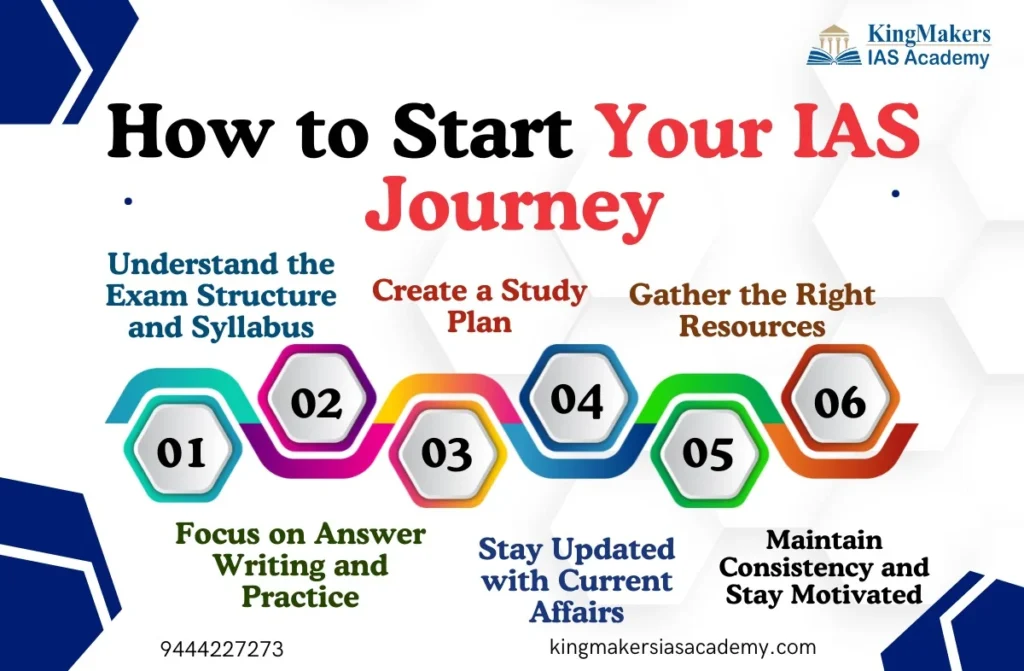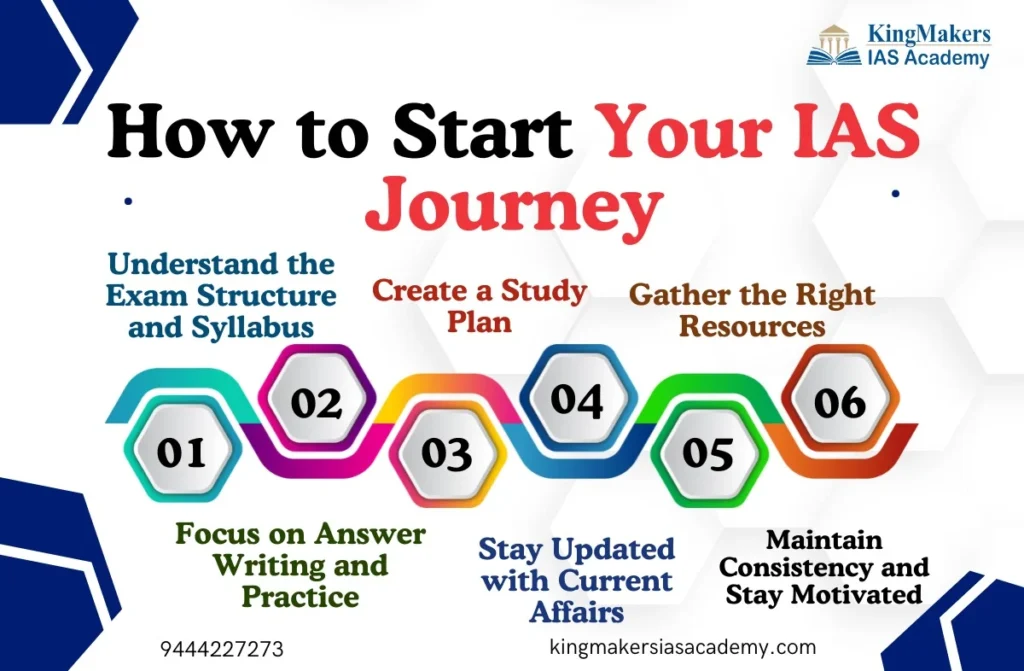UPSC Civil Services Examination, an exam known to be one of the toughest competitive examinations in India. With the vastness of the syllabus, the intricacy of the preparation and the cut-throat competition, aspirants need more than sweat for success – they need a way to mould the long hours of effort in data-supported, time-tested ways.
Understanding the UPSC Examination: Success Rates and Reality Check
Above, we have hard numbers for your chances where it counts.
- Percentage of success: Only less than 0.2 per cent of the people who apply for UPSC succeed in the examination Vajiraman & Ravi
- Level of competition: Nearly 1 million students take the exam every year and only a few of them clear the final selection
- Prelims Hurdle: Just 50% of Applicants Appear at Prelims, Only 5% of These Qualify for Final Exam Entri Blog

The Three-Stage Challenge: Understanding the Exam Pattern
The UPSC civil services exam is officially divided into two stages but practically involves three challenging phases:
1. Preliminary Examination (Objective)
- General Studies Paper I: 100 questions, 200 marks
- CSAT (General Studies Paper II): 80 questions, 200 marks
- Qualifying nature: CSAT is qualifying (minimum 33% required)
- Negative marking: 1/3rd penalty for incorrect answers
2. Main Examination (Subjective)
- Nine papers total (including two language papers)
- Essay Paper: Tests creative thinking and writing skills
- GS Papers I-IV: Cover diverse topics from history to ethics
- Optional Subject: Two papers on a subject of the candidate’s choice
- Duration: Conducted over 5-7 days
3. Personality Test (Interview)
- Final selection: Based on combined scores from Mains and Interview
- Focus: Tests candidate’s suitability for civil services

Data-Driven Strategies from UPSC Toppers
1. Strategic Subject Selection
Statistics show that certain optional subjects have higher success rates:
- Engineering backgrounds dominate: Data from 2014-2021 shows that approximately 60.4% of selected candidates had engineering degrees Factly
- Optional subject success rates vary: For example, in recent years, Philosophy had 53 selections from 755 candidates, while Mathematics had 26 selections from 441 candidates BYJU’S
Choose your optional subject based on:
- Your educational background
- Interest level and aptitude
- Scoring patterns in recent years
- Availability of quality study materials
2. Time Management: The Topper’s Secret
Successful candidates emphasize structured time management:

Key time management principles from toppers:
- Dedicated daily hours: Most toppers study 8-10 hours daily with consistent schedules
- Subject rotation: Avoid monotony by rotating between subjects
- Current affairs integration: Daily 1-2 hours for newspapers and current events
- Revision cycles: Regular revision of previously covered topics
- Mock tests: Weekly practice tests under exam conditions
3. Resource Optimization
With countless books and materials available, toppers recommend focusing on quality over quantity:
Must-read books according to toppers:
- History: NCERT books, India’s Struggle for Independence by Bipan Chandra
- Geography: NCERT books, Certificate Physical Geography by G.C. Leong
- Polity: Indian Polity by M. Laxmikanth
- Economy: Indian Economy by Ramesh Singh
- Current Affairs: Daily newspaper, monthly magazines like Yojana
4. The Three-Phase Preparation Approach

Based on topper interviews and success data, the ideal preparation follows a three-phase approach:
Foundation Phase (3-4 months)
- NCERT textbooks for basics
- Understanding syllabus and exam pattern
- Building conceptual clarity
Building Phase (4-5 months)
- Standard reference books and materials
- Current affairs compilation
- Answer writing practice
Revision Phase (2-3 months)
- Mock tests and previous year questions
- Targeted revision of weak areas
- Answer writing refinement
Mental Health Management: The Overlooked Success Factor
Research indicates that mental health plays a crucial role in UPSC preparation success. According to scholarly studies:
- UPSC preparation often causes high levels of stress, anxiety, and depression
- Maintaining mental health is directly correlated with exam performance
- Aspirants who incorporate mental wellness strategies show better retention and focus
Evidence-based mental wellness strategies:
- Regular breaks: The Pomodoro technique (25 minutes study, 5 minutes break)
- Physical exercise: 30 minutes daily improves cognitive function and reduces stress
- Mindfulness practices: 10-15 minutes daily meditation improves focus
- Social connections: Regular interaction with family/friends prevents isolation
- Progress tracking: Documenting small wins boosts motivation

Technology Integration for Modern Preparation
Today’s successful candidates leverage technology effectively:
- Digital note-making: Tools like Notion, Evernote for organized notes
- Spaced repetition apps: Anki for memorizing facts and dates
- Online test series: For regular assessment
- Subject-specific learning apps: For on-the-go revision
- Study groups: Online communities for discussion and doubt resolution
The Road to Success: A Comprehensive Strategy
Combining all these insights, here’s a comprehensive roadmap for UPSC success:
1. Strategic Planning
- Know the syllabus inside out: Analyze past papers to understand exam trends
- Create a personalized timeline: Based on your strengths and weaknesses
- Set realistic milestones: Weekly, monthly, and quarterly goals
2. Efficient Execution
- Active learning methods: Note-making, mindmaps, teaching concepts to others
- Daily current affairs integration: Connect news to static subjects
- Regular self-assessment: Weekly mock tests
- Answer writing practice: Daily for Mains preparation
3. Continuous Improvement
- Feedback incorporation: From mentors or peer review
- Periodic strategy reassessment: Adjust based on progress
- Targeted revision: Focus more on weak areas

Conclusion: Beyond the Statistics
The odds of cracking the civil services is not even 0.2%, but it’s a combination of strategy and execution and not competing with millions of people. The secret is sustained activity focused by strategic planning, efficient use of resources, and sustenance of the will along the way.
Keep in mind, every UPSC topper has started as a beginner and have adapted to pave their way to success. A little strategy and mindset won’t hurt your chances.pojo10677->Jwtlax (Note from Alt: Ok, logic time with these two puddles to swim in.of successful civil servants who once stood exactly where you are today.
What aspect of UPSC preparation would you like to explore further? Share your thoughts in the comments!



